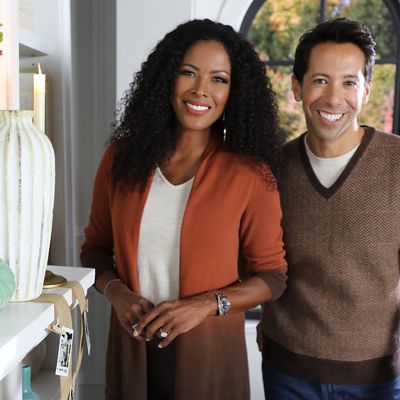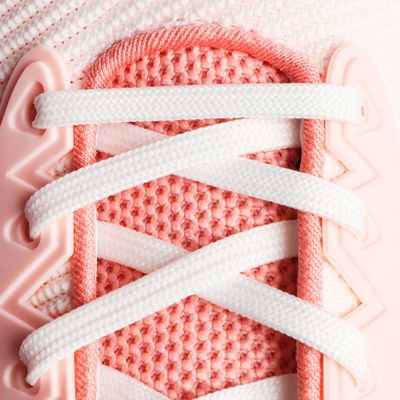
Former President George H.W. Bush and his wife, Barbara, are greeted before a Republican presidential primary debate at the University of Houston in Houston in January 2017. (David J. Phillip/Associated Press)
Mitch Daniels, a Post contributing columnist, is president of Purdue University and a former governor of Indiana.
They come less and less frequently now, because fewer and fewer of their subjects remain. With the youngest now in their 90s, obituaries of the World War II generation strike some of us with a special poignancy. They evoke thoughts of those who gave their lives back then, and what they might have been and done. They remind us how relatively safe, prosperous and sheltered those of us who came after them have been.
One of the very biggest has, happily, not yet come. Though we sadly have recently lost his beloved Barbara, a fortunate nation is still blessed with the presence of George Herbert Walker Bush, at once an extraordinary figure in our history, but still so emblematic of the times and the generation from which he came. Hoping that it remains years away, I think often of the memories to be revisited when we do ultimately lose him.
Virtually every quality the first President Bush personifies has faded from our national life. He was astonishingly forgiving of those who wronged or defeated him. Today, it’s more common for leaders to practice the rugby coach’s instruction to “get your retaliation in first.”
In contrast to today’s showboat, look-at-me, dance-in-the-end-zone world, George H.W. Bush was resolutely undemonstrative, drilled from childhood to avoid bragging, self-satisfaction or, worst of all, self-aggrandizement. His upbringing instilled in him an instinct to always give the credit to others.
Highly educated, successful in business, friend to innumerable influential people of all kinds, he was a member of the “elite” by multiple definitions. We have watched as that former synonym for excellence has become a term of derision and disparagement.
Slandered by some detractors as aloof or out of touch, this was a man who twice walked away from offers of an easy Wall Street life to forge his own path in the high-risk world of wildcat oil. Who swept floors and lived with his family in an apartment so small they had to share a bathroom with prostitutes. Who volunteered for the armed services of his country, where he fought side by side with men from every part of the country and generally from backgrounds radically poorer than his own had been. Who endured perhaps the cruelest loss possible, the death of a young daughter. Run through the roster of today’s leading politicians in search of a person more in touch or empathetic with the lives and concerns of ordinary people. But, sometimes to his detriment, he never wore it as a pose or affectation; he left those life experiences understated, or simply unstated.
He served in an unmatched series of public capacities. He not only held more high positions than any previous president, he is the only person ever to have been CIA director, ambassador to China, U.N. ambassador and national party chairman before assuming our highest office. These days, it is outsider status that is prized; a life of public leadership like the one that 41 lived can seem a virtual disqualification.
When reports came early in 2016 that Bush was experiencing a dangerous illness, I caught myself wondering whether, should we lose him then, the certain outpouring of affection and appreciation might force a little national introspection, maybe even jolt that depressingly negative and cynical election onto a different course. Mercifully, he remains with us, and so we’ll never know.
Looking ahead, one thinks about the near-truism of our politics, that the electorate looks for qualities in a next president that were lacking in the last one. It’s a perplexing thought experiment to ask whether, if Bush 41 showed up as a candidate in 2020, he’d be welcomed as just what the doctor ordered or run out of the field before the first caucus or primary.
We were so lucky to have him at all. What if that parachute hadn’t opened in 1944? Or the life raft had not inflated? Or his fellow pilots not spotted him and strafed away the Japanese boats as they attempted to machine gun the downed American flyboy? Or if, instead of paddling furiously away from it, to his discovery and rescue by a submarine, he had drifted to the nearby island, to almost certain capture and execution? Our nation would have been deprived of arguably its finest single life of patriotic service.
Is it too much to hope that the final contribution of this giant life might be to cast before the country an example of virtues that have eroded and nearly disappeared? The very virtues that have sustained the American Experiment through its hardest trials?
It was discreetly and respectfully suggested to me that I prepare a short essay in advance of 41’s passing, to be available when the inevitable occurs. By leave of the editors, I submit it now, as we celebrate his 94th birthday Tuesday, in the faint hope that the qualities George H.W. Bush embodies might stage a comeback, rather than pass forever from the national scene.






















